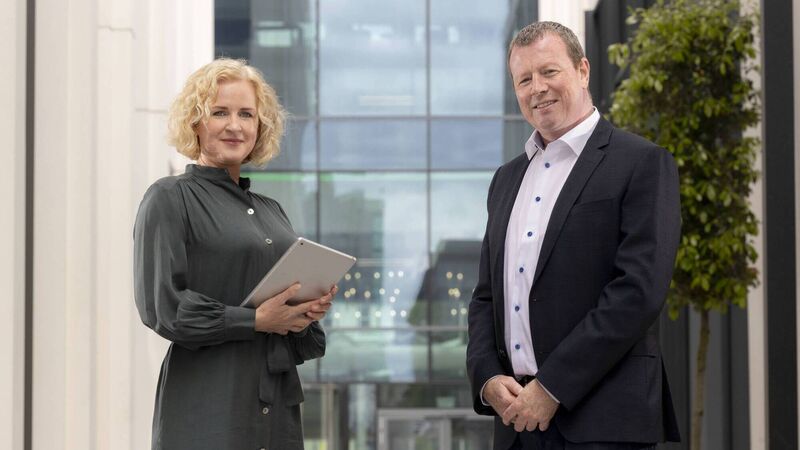Flexible plan is key to managing a safe return to the workplace

Dr Susan Hill and Dr Conor McDonnell, experts in private and public sector occupational health, who have launched McDonnell Hill, a new national occupational health service to support Irish businesses. Photo: Cathal Noonan
Flexible Covid virus management plans will be needed for any safe return to work, but the core messages around 2m social distancing, vigilant hand hygience and coughing etiquette will remain the same.
All of the learnings seem to new and evolving. Awareness of age as a critical factor in Covid-linked mortality has grown considerably since March 2020, when the State's initial Covid protocol was issued. Health experts are examining differences in how the super-contagious Delta variant is spread.











